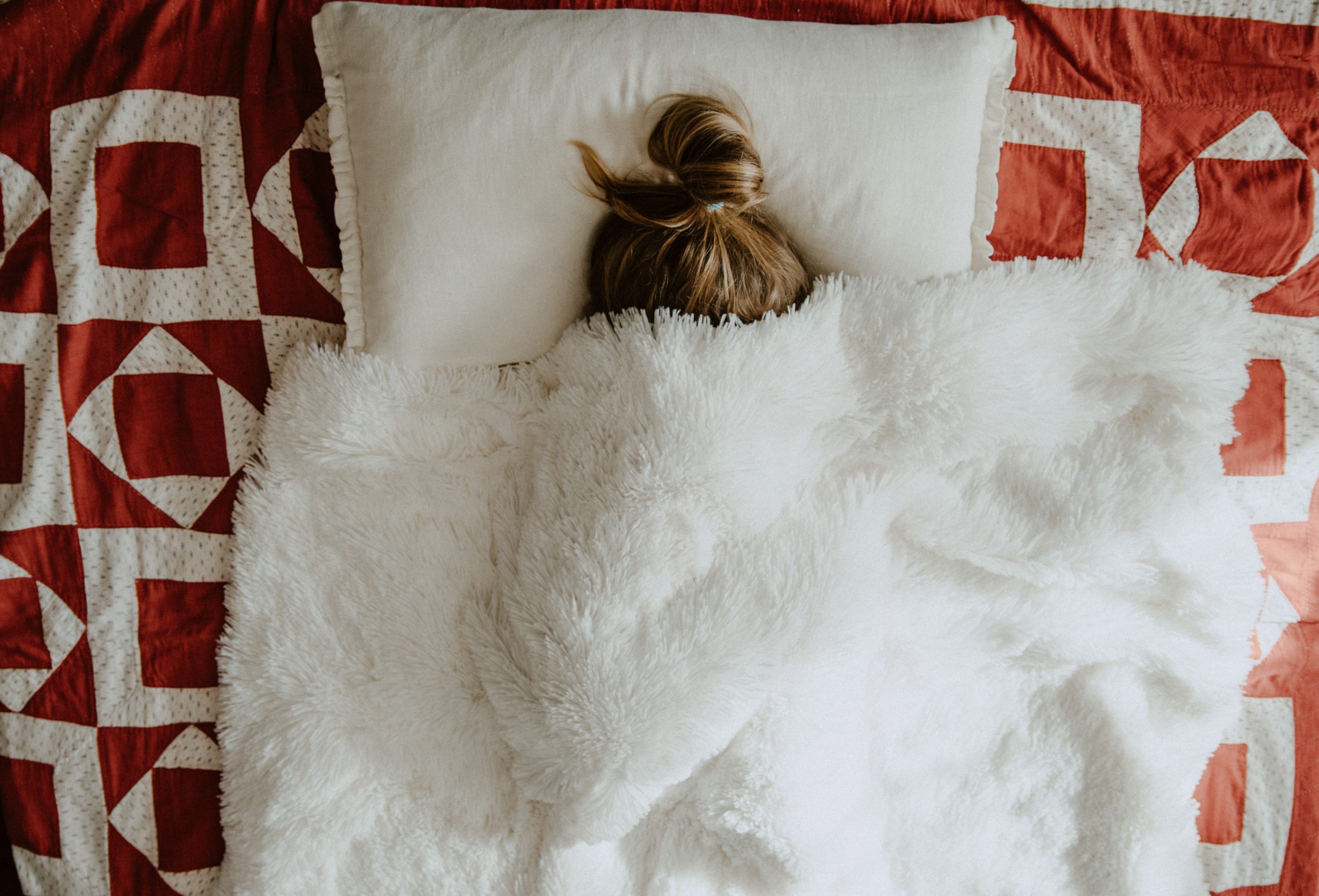It’s that time of year again when employees are most likely to pull a fake ‘sickie’, but following ONS reports that show a decline in sick days over the past few years, new research from office supplier, Viking, reveals it could be because 74% of workers feel under pressure to avoid taking days off when they are ill.
Despite this, 56% of workers faked a sickie in the past year, costing UK businesses £5.6 billion.
On average, employees reported that they weren’t actually sick for 38% of the sick days they took off last year, resulting in 51.9 million fake sick days were being taken in 2019*. With the average sickness absence costing £107.85, this resulted in a big loss for UK businesses.
The Office for National Statistics reported that sickness absences had fallen to an all-time low in 2017. With this in mind, Viking questioned 2,000 UK workers on changing attitudes towards sick days.
It revealed a trend, highlighting that lying to take sick days was more common amongst younger generations. 71% of 25-34-year olds admitted they’d lied when calling in sick, compared to just 25% of over 65s.
Despite lying to pull a ‘sickie’ from work being on the rise in UK offices, Viking’s research highlighted a growing pressure to avoid taking sick days. 86% of 25-34-year olds reported feeling under pressure to avoid taking sick days, listing reasons such as stress caused by their workload (33%), anxiety about calling in sick (31%) and pressure from their manager (24%). Whereas less than half (44%) of over 65s said they feel pressure to avoid taking time off.
Younger generations are also much stricter when it comes to what should constitute a day off
The study also found that Gen Z and Millennials are quite harsh on what they believe warrants a sick day.
- 61% don’t think running a fever is enough for a sick day
- 71% don’t believe poor mental health is a proper excuse
- 50% would still come into work after having gone to hospital
In comparison, 63% of over 65s believe fever is an acceptable reason not to go to work; 77% wouldn’t go to work after going to hospital; and 40% feel that having poor mental health constitues a good reason for taking a day off. This contradicts popular belief that the ‘snowflake’ generation are not particularly hard workers.
Many of the younger generation also raised questions over their employer’s handling of sick days. 17% said they feel they don’t get enough sick days from work, with 1% of over 65s saying the same. Despite 71% believing it doesn’t constitute a day off, one-third (33%) believe mental health sick days should be separate to regular sick days, compared to 11% of over 65s.
Bob Huibers, Marketing Executive at Viking, commented on the research:
“Businesses should be aware of the changing attitudes towards taking sick days. With absences falling to an all-time low, younger generations are forcing themselves into the office with colds, fevers, and poor mental health. Not only will this take its toll on employee’s health, but it will see a dip in productivity during office hours as well.
“Communicating a fair policy and helping employees understand their rights when it comes to taking sick days will help reduce the pressure and stigma surrounding the subject. Taking time off when necessary will help employees recover and return to work in good health.”
How to discourage sick days
If businesses want to discourage their employees from faking sick days, they could take note of these findings from previous Viking research, which reveals what workers want from their workplace. Having happy employees could lead to more healthy employees.






